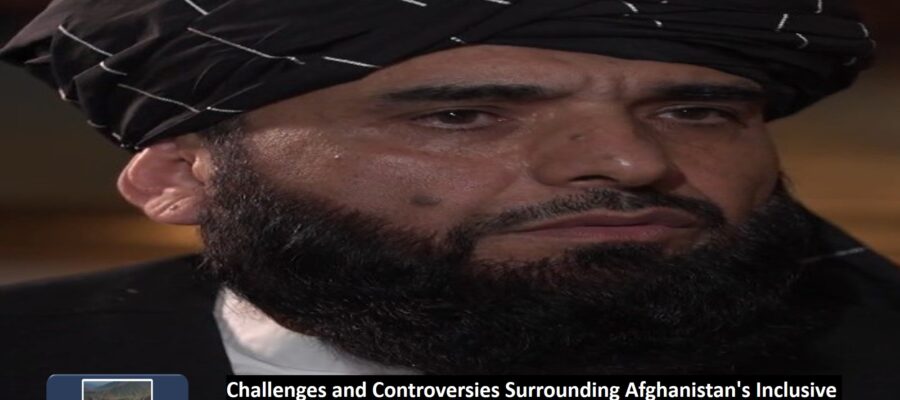On February 18, UN Secretary-General António Guterres will convene a critical meeting in Doha, Qatar, to discuss the future of Afghanistan. Special envoys, including representatives from the Taliban, Afghan political stakeholders, and civil society, will gather to address the recommendations put forth by UN Special Coordinator for Afghanistan Feridun Sinirlioğlu in his November report. While the primary focus is on confidence-building measures, the issue of forming an inclusive government is expected to be a contentious topic.
The concept of inclusive governance is a common diplomatic approach post-conflict, emphasizing the importance of involving diverse political forces to build lasting peace. However, the term carries a historical burden for the Afghan people, rooted in the aftermath of the US invasion and the Bonn Conference.
The Bonn Conference, held in 2001, allowed exiled warlords to re-enter the political landscape of Afghanistan. This decision granted them amnesty for past crimes and participation in subsequent power-sharing agreements. Unfortunately, this inclusion of warlords led to impunity, stalling state-building efforts and contributing to the failure of peace initiatives, ultimately paving the way for the Taliban’s resurgence in 2021.
The Taliban has strategically capitalized on the negative sentiments associated with the term “inclusive governance.” Rejecting international pressure, the group argues that such demands mirror the ill-fated Bonn Conference, an episode Afghans fear will bring back the era of warlordism and instability.
Key figures from the Bonn Conference, such as Abdul Rashid Dostum and Abdul Rasul Sayyaf, remain influential and are eyeing a return to power. Dostum faces serious accusations of sexual assault and war crimes during the US invasion, while Sayyaf was involved in the notorious Afshar massacre of 1993. Ahmad Massoud, son of the late Ahmad Shah Massoud, has also entered the political arena, rallying exiled warlords against the Taliban while seeking foreign support.
Adding complexity, numerous former Afghan officials implicated in corruption and drug trafficking are seeking a return to power. Despite their controversial pasts, they are being included in discussions about Afghanistan’s future, raising concerns about the potential for repeating past mistakes.
The challenge for the international community lies in striking a delicate balance between the demand for inclusive governance and avoiding a recurrence of the pitfalls witnessed after the Bonn Conference. The Afghan people’s fear of renewed warlordism and instability necessitates a nuanced and careful approach to building a government that represents all stakeholders without compromising justice and accountability.
As the Doha meeting unfolds, the international community must navigate these complexities to forge a path toward sustainable peace and governance in Afghanistan. The lessons of history loom large, emphasizing the need for careful deliberation to prevent a repeat of past mistakes and ensure a more stable and inclusive future for the Afghan people.




